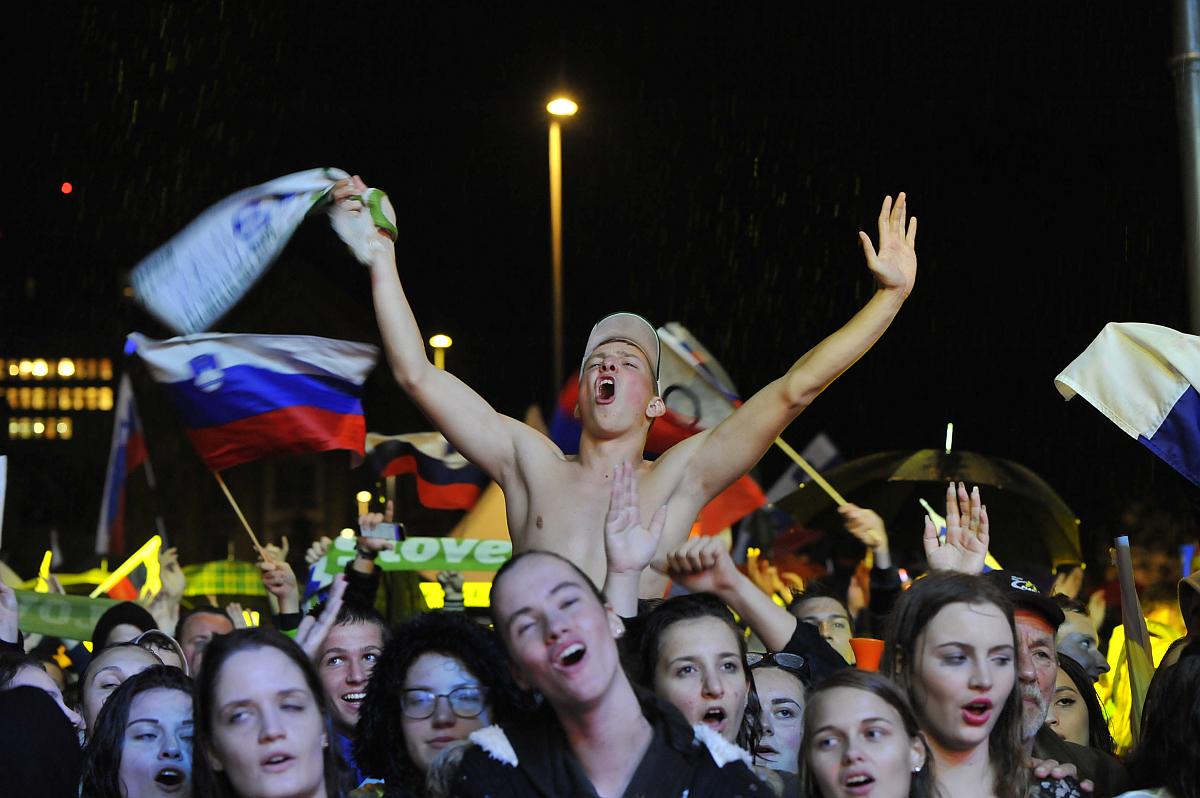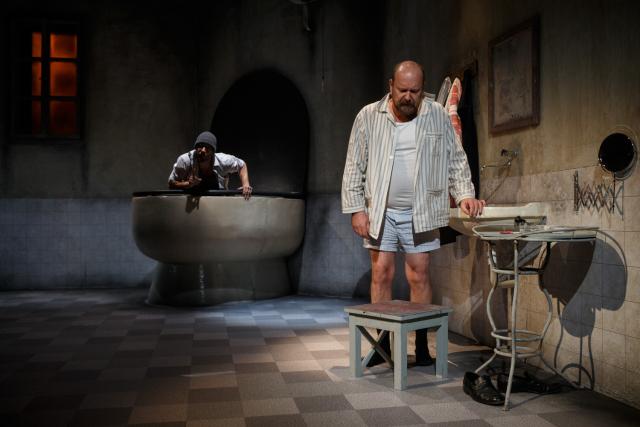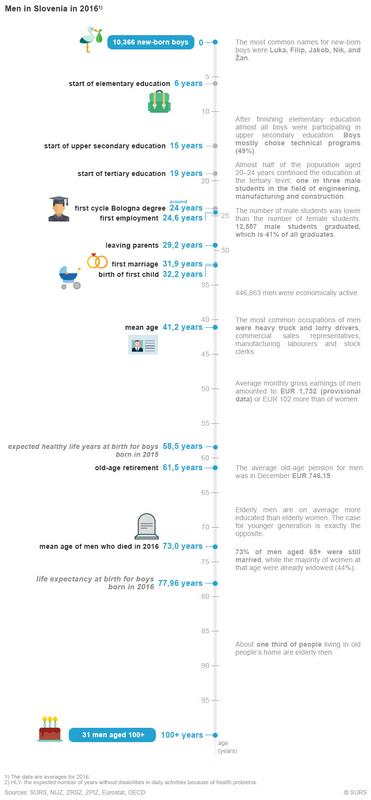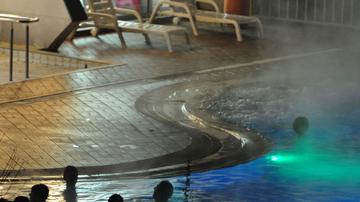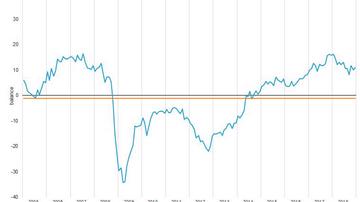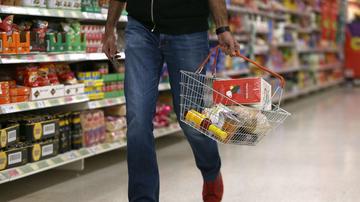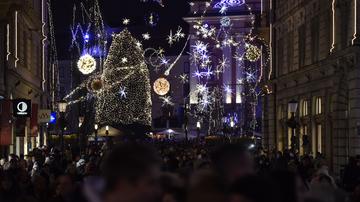Despite the fact that every year more boys than girls are born, which is a biological fact, at the beginning of 2016 among total population only in three countries (Luxembourg, Malta, Sweden) there were slightly more men than women.
Participation in cultural or sport eventsIn 2015, 25.6% of men in Slovenia attended one of the live performances (theatre, concert, ballet), which is the highest share for men in the EU-28. Men from Luxembourg, the Netherlands and Austria followed.
Men in the Netherlands (36.7%) most frequently attended sport events. According to the frequency of attending sport events, men from Slovenia were 10th (21.7%).
Men from Cyprus have most frequent contacts with family, relatives and friends As regards the frequency of contacts with family and relatives, more than half of men from Cyprus (56.1%) had every day contacts with family and relatives. Men from Cyprus also had most every day contacts with friends (48.9%). Men from Slovenia had every day contacts with family and relatives in 16.8%; a little more of them had contacts with friends (28.1%).
The most satisfied with their health are men in IrelandIn all EU-28 Member States (except in Lithuania) more than half of men rated their health as very good or good. The share was the highest in Ireland (83%). According to self-perceived health, men from Slovenia were 19th with 68.1%.
Childcare and houseworkAccording to Eurofound data for 2016, 82% of men from Slovenia (aged 25-49 years) took care of their children (children under 18) on a daily basis, which was one of the highest shares among men in the EU-28. Only men from Sweden (96%) had a higher share of taking care of their children.
As regards housework and cooking, the share of men from Slovenia was not so high. Only 27% of men daily did housework and cooked, which ranks men from Slovenia in the last third of men in the EU-28.
Most suicides are committed by men in LithuaniaPremature mortality tells how many persons die before 65 years of age and is higher for men than for women. A lot of times it is connected to unhealthy lifestyle (deaths due to car accidents and bad habits such as smoking and drinking alcohol) and suicides.
According to Eurostat data for 2014 (among men aged less than 65 years) deaths due to suicides are the most common in Lithuania (54 deaths per 100,000 population). In the EU-28, men from Slovenia are 6th with 25.3 deaths due to suicides per 100,000 population. The fewest suicides among men aged less than 65 years are committed in Cyprus, Greece and Italy.
The Life of Women and Men in EuropeAt the European Statistics Day on 20 October 2017 Eurostat presented an interesting interactive publication entitled The Life of Women and Men in Europe. We present some interesting facts about men in Slovenia and in the EU-28.
